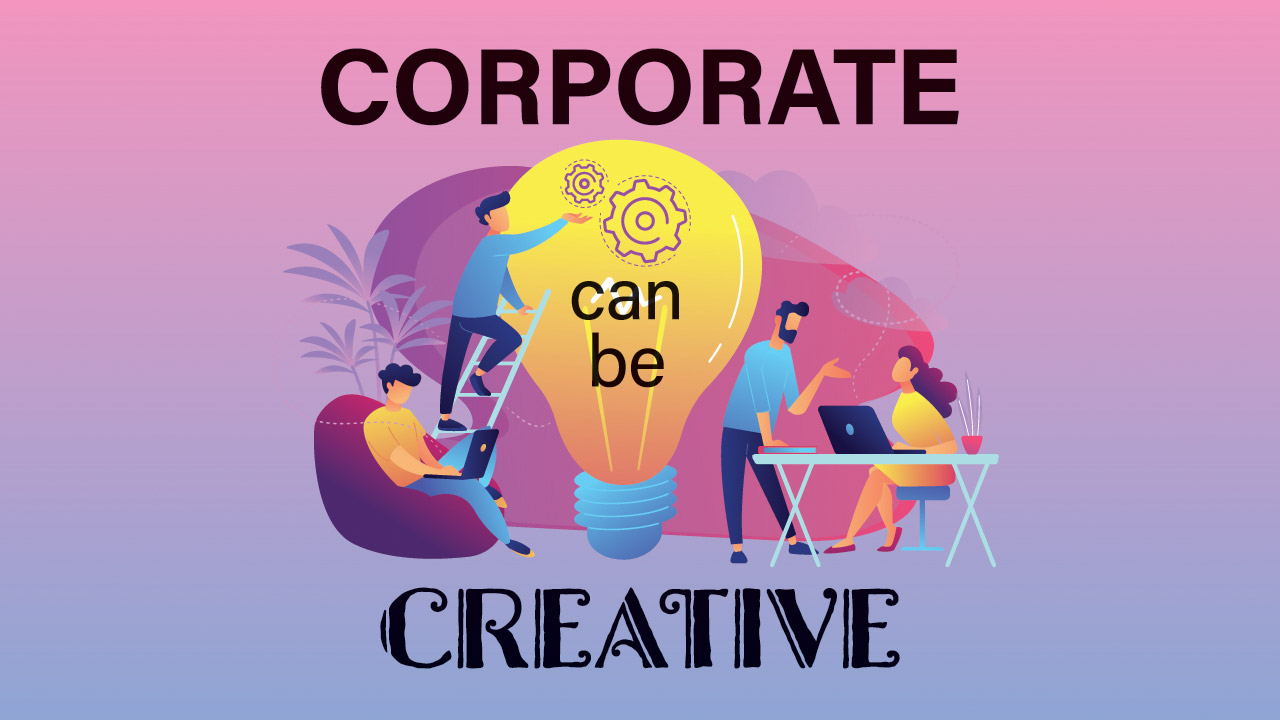Corporate can be creative
 CREDIT: FSU PUBLICATIONS AND COMMUNICATIONS DEPARTMENT
CREDIT: FSU PUBLICATIONS AND COMMUNICATIONS DEPARTMENTA corporate lifestyle can be seen as a common career path as opposed to a creative one. While there are still many who choose a career based on creativity, society has been built on this “norm” of a nine to five job. It can be easy for individuals who are in a corporate industry to lose sight of the creativity that they once held.
Over the years, art has become a tool that people use as a form of therapy. Christel Bodenbender from my Online Art Therapy, explained that this is a form of “psychotherapy.” While many use this tool in a therapeutic way, individuals who work in a corporate environment can turn to this tool to solve problems as well.
Challenges appear in the workplace all the time and sometimes individuals can have difficulties in solving issues due to a variety of different reasons.
Registered social worker, Anna Riddell, who has training in art therapy, acknowledged that having a creative outlet can allow practice of skills such as problem solving.
“Skills transfer over, and they develop your brain and your mental emotional capacities so that you can bring them into other problems,” said Riddell.
Whilst allowing a space for creativity in the workplace can be beneficial from an employee point of view, it can also be beneficial from an employer standpoint.
Both Riddell and Bodenbender acknowledge that incorporating creativity in a work environment can strengthen communication and team building skills.
“It can and should increase productivity because people are more engaged,” said Bodenbender.
Most corporations include team building activities in their work environment already, so why not include creativity in that process?
Bodenbender recognized that some corporations host “art wellness workshops” for their employees and usually find it advantageous to the company.
“It’s usually beneficial for the people because it helps them to let go and put it on paper,” Bodenbender said.
The trendy way that corporations are integrating creativity in their workplace is by hosting a sip and paint event for new staff members to connect and build relationships, which in turn boosts the teamwork aspect of the company.
In most cases, these events take place sporadically throughout the year, if at all.
Some ways that employees can include creativity in their daily work routine is by simply putting pen to paper as opposed to working eight hours digitally.
Bodenbender said that something as simple as “doodling” can be one way to expel that creative outburst that individuals have. Another way is to simply make your tasks more creative. Those who work behind a screen all day more than likely have Microsoft Excel or Word processors open to track tasks. Many have chosen to incorporate creativity in these documents by using different colours, fonts, layouts, and more, to tap into their creative side.
“Don’t think of art and being creative as just painting or drawing. Really find what work for you and try to incorporate that into a routine so that your office job doesn’t feel so soul-sucking and you actually get to do something that’s a little bit fun every day,” said Arthur Bkric an artist and employee of the Fanshawe Student Union (FSU).
Bkric shared a great personal perspective on how he incorporates his artistic skills in his daily life with keeping art as a hobby and not a career.
“I am a very visual person and I like to imagine things,” he said. “Whenever I run into a problem with technology, I can easily imagine the pieces and puzzle them together to find a solution. I think I can really only do that because I’ve had years of thinking about things in a visual way and thinking outside the box.”
From both personal and professional opinions, having creativity as a part of corporate life can be beneficial in a number of ways. Don’t abandon your need for a creative release just because you aren’t in an industry that specializes in that field.















